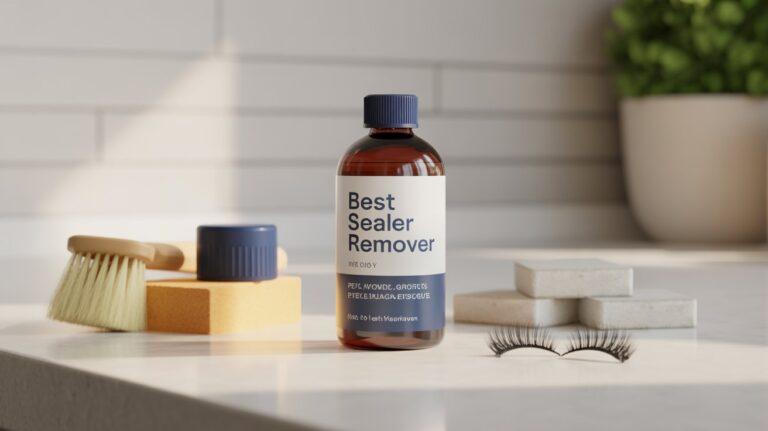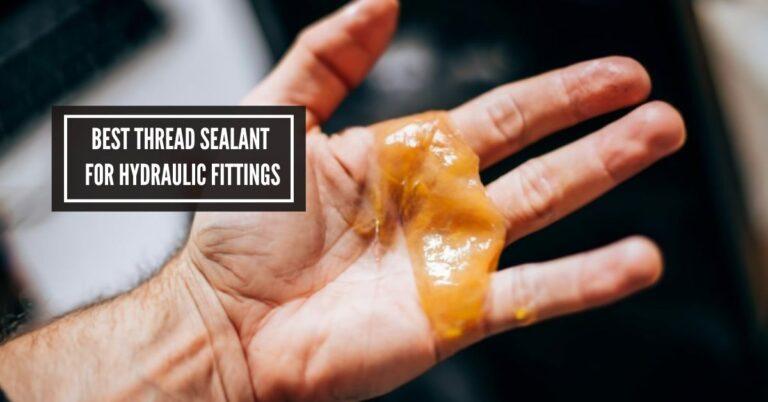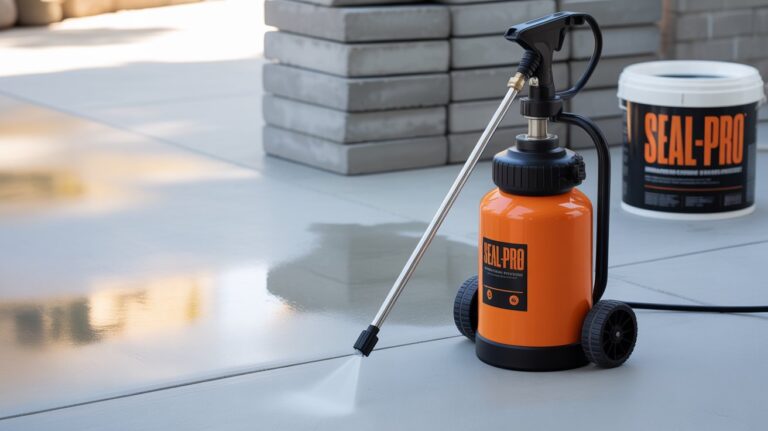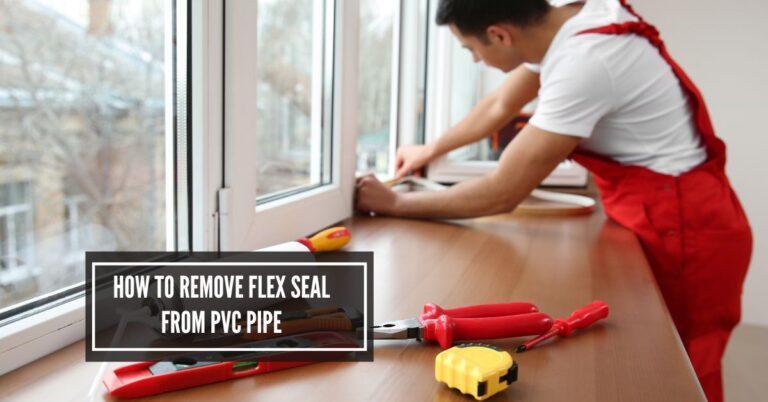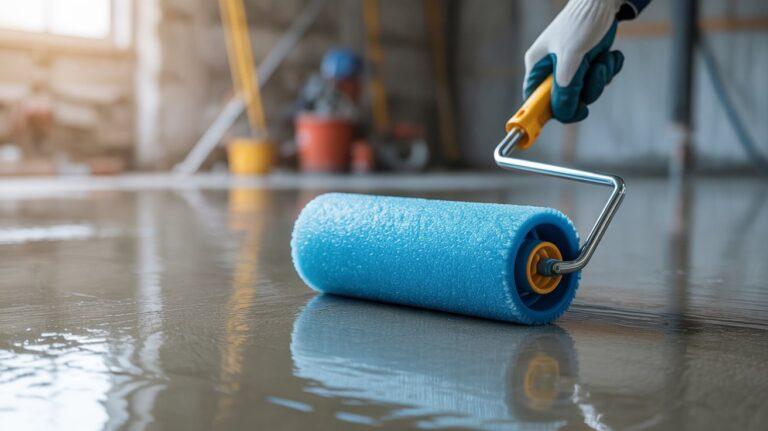How to Use Xylene to Remove Concrete Sealer: Quick Guide
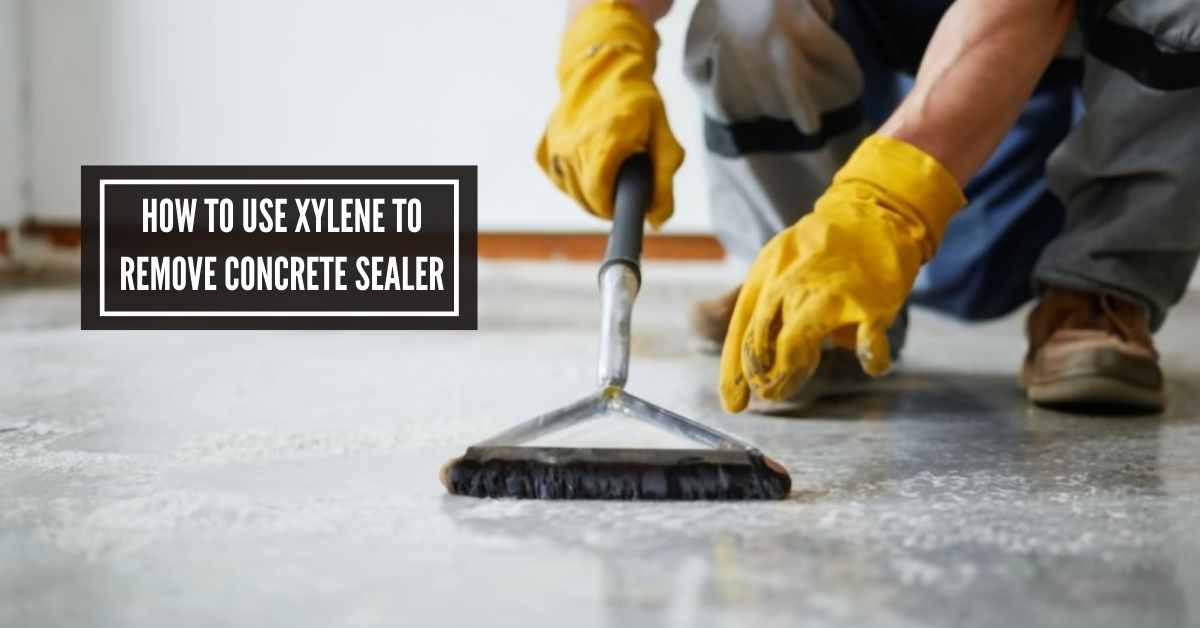
To remove concrete sealer with xylene, evenly apply a thin layer and let it reemulsify before scrubbing. Ensure adequate ventilation and use personal protective equipment for safety.
Removing concrete sealer can rejuvenate the appearance of your surfaces or prepare them for new applications. Xylene, a potent solvent, effectively dissolves many types of sealers, restoring the concrete to its original state. When undertaking this task, prioritize safety; xylene emits strong fumes and can be dangerous if not handled properly.
Plan your project in a well-ventilated area, outfitting yourself with gloves, goggles, and a respirator mask. The process involves spreading xylene over the sealed concrete, allowing it to penetrate and weaken the sealer. After the sealer softens, a stiff-bristle brush helps remove the residue. This method can be particularly useful when dealing with acrylic-based sealants often found on driveways or patios. By following precise steps, you can efficiently strip old sealer, paving the way for fresh sealant or leaving the concrete bare for a natural look.
Introduction To Xylene And Concrete Sealer Removal
Revamping your concrete surface often means removing the old sealer. This can be a tough challenge. Xylene, a powerful solvent, offers a solution for stripping away that stubborn sealer, revealing the bare surface underneath. Understanding the role xylene plays in this process is crucial for a successful removal.
Understanding The Function Of Concrete Sealers
Concrete sealers protect and extend the life of concrete surfaces. They offer a shield against moisture, stains, and wear. Sealers keep surfaces looking fresh and new for longer. But, when it’s time to reseal or repaint, the old layer must go. That’s where xylene steps in.
What Is Xylene? Chemical Properties And Uses
Xylene is a powerful chemical solvent. It’s used in many industries for cleaning and thinning. With a mix of hydrogen and carbon atoms, xylene belongs to the family of aromatic hydrocarbons. This clear, flammable liquid is known for its ability to dissolve substances that are hard to remove.
| Xylene at a Glance | |
|---|---|
| Formula | C8H10 |
| Boiling Point | 138.4°C |
| Density | 0.864 g/cm3 |
| Solubility | Insoluble in water |
Why Xylene Is Effective For Stripping Concrete Sealers
- Dissolves stubborn sealers: Xylene breaks down complex sealer compounds.
- Quick action: It acts fast, saving time and effort during removal.
- Easy to apply: Use with rollers or sprayers for even coverage.
Safety is key when using xylene. Always wear protective gear and ensure good ventilation during use.
Safety Precautions And Preparation
Before diving into a project involving xylene to strip concrete sealer, it is crucial to focus on safety and proper preparation. Not only does this ensure a more effective job, but it also safeguards your health and the environment. Let’s walk through the essentials of gearing up and getting your space ready for xylene application.
Essential Personal Protective Equipment
Essential Personal Protective Equipment
Personal protective equipment (PPE) is non-negotiable when working with xylene. Safety must come first. The following are must-have items:
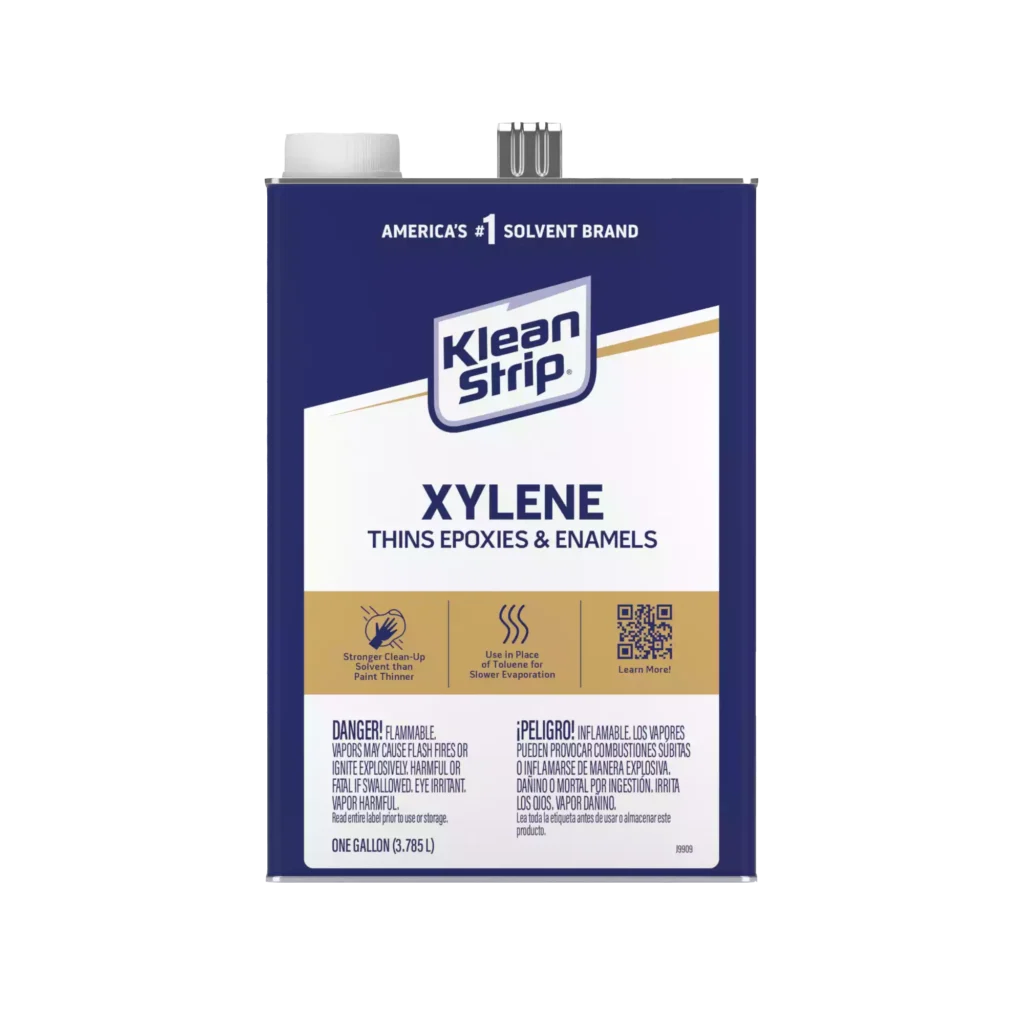
- Nitrile gloves: Prevents skin contact.
- Respirator: Filters xylene fumes.
- Safety goggles: Shields eyes from splashes.
- Long-sleeved clothing: Protects skin from spills.
- Steel-toe boots: Keeps feet safe from dropped items.
Preparing the Work Area for Xylene Application
Preparing The Work Area For Xylene Application
Preparing the area where xylene will be applied is essential to a successful and safe project. Here’s what needs to be done:
- Clear the space of all items and debris.
- Ensure good ventilation by opening windows and using fans.
- Place plastic sheeting or drop cloths to protect adjacent areas.
- Keep a spill kit nearby for immediate clean-up if necessary.
Understanding the Health and Environmental Risks
Understanding The Health And Environmental Risks
Xylene poses health and environmental risks. Understand them before starting:
| Risk | Effect | Precaution |
|---|---|---|
| Inhalation | Can affect brain function. | Use respirator and ventilate area. |
| Skin Contact | May cause irritation. | Wear gloves and cover skin. |
| Fire Hazard | Xylene is flammable. | No open flames or sparks nearby. |
| Environmental Impact | Can contaminate water and soil. | Dispose of xylene-soaked materials properly. |
Step-by-step Guide To Using Xylene
Xylene, a powerful solvent, can strip concrete sealer. This guide shows how to use it. Safety is key. Work in a well-ventilated space and use protective gear.
Testing A Small Area First
Before applying xylene to the entire surface, it’s crucial to test it. Find a hidden spot. Apply a small amount of xylene. Wait for a 15-minute test period. Ensure it effectively removes the sealer without damaging the concrete.
Application Techniques For Xylene On Sealed Concrete
- Pour xylene onto the sealed concrete.
- Use a brush for even application.
- Spread in sections to maintain control.
- Wear gloves and mask for safety.
Timing And Reaction: Monitoring The Xylene Effectiveness
After application, watch the reaction. Xylene works quickly. It can take 10-15 minutes to see results. Look for sealer bubbling. This means xylene is working.
- Wait for 10-15 minutes after application.
- Check for bubbled or dissolved sealer.
- If sealer remains, apply a bit more xylene.
- Repeat process until concrete is bare.
Post-application Process
Once you’ve applied xylene to remove concrete sealer, the real work begins. The next steps ensure a clean, safe finish. Follow this guide to complete the process effectively.
Removing The Dissolved Sealer
Xylene works by dissolving the old sealer on your concrete surface. After application, you’ll need to remove this sticky residue.
- Wait for the xylene to break down the sealer. This takes about 15 minutes.
- Use a squeegee or absorbent towels to mop up the dissolved sealer.
- Be thorough to avoid leaving any residue, which can be slippery and dangerous.
Neutralizing The Xylene Residue
It’s crucial to neutralize the xylene to prevent damage to your concrete. Keep your surface safe with these simple steps.
- Rinse the area with soapy water multiple times.
- Use a power washer if available, for a deeper clean.
- Dry the surface completely before resealing or using.
Disposal Procedures For Xylene And Waste Materials
Disposing of xylene and waste correctly is vital. It protects the environment and complies with regulations.
| Material | Disposal Method |
|---|---|
| Xylene | Deliver to hazardous waste collection sites. |
| Dissolved Sealer | Seal in sturdy, leak-proof bags. Take to appropriate disposal facilities. |
Never pour xylene or sealer down drains or onto the ground. Always follow local disposal guidelines.
Alternative Methods And Best Practices
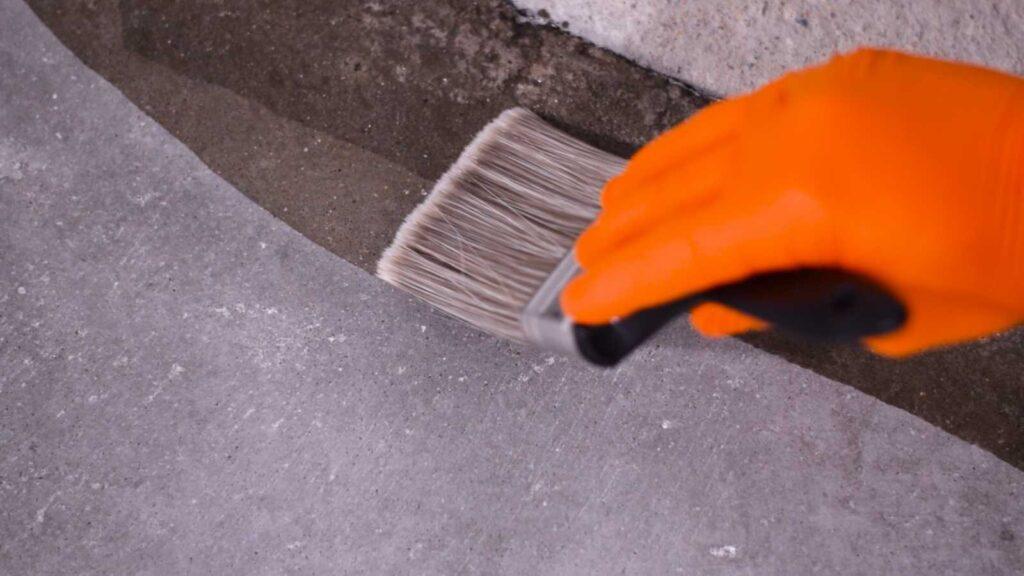
Exploring alternative methods and best practices for concrete sealer removal ensures a thorough job without damaging the concrete. Xylene, a common solvent, can effectively dissolve and remove old sealer. Considering other methods and precautions is crucial for the safety and longevity of concrete surfaces.
Exploring alternative methods and best practices for concrete sealer removal ensures a thorough job without damaging the concrete. Xylene, a common solvent, can effectively dissolve and remove old sealer. Considering other methods and precautions is crucial for the safety and longevity of concrete surfaces.
Comparing Xylene With Other Concrete Sealer Removal Options
Xylene stands out among sealer removal options due to its efficiency and cost-effectiveness. It quickly breaks down sealers for easy removal. Compare Xylene with alternatives like:
- Mechanical methods: Sandblasting or grinding—no chemical use, but possible surface damage.
- Eco-friendly strippers: Less harsh chemicals—safer but may require more time or reapplication.
- Pressurized washing: Water or sand-based—minimal chemicals with varied results.
Tips For Successful Sealer Removal Without Damage
For a successful sealer removal, follow these tips:
- Test a small area to gauge effectiveness and potential surface changes.
- Use proper ventilation and protective gear.
- Apply Xylene evenly and wait for it to break down the sealer.
- Scrape gently to remove the dissolved sealer.
- Clean the surface thoroughly after removal.
When To Reapply Sealer After Removal Process
Timing is key when reapplying sealer. Wait for the concrete to dry completely before resealing. This typically takes:
| Condition | Waiting Period |
|---|---|
| Humid or cool weather | 72 hours or more |
| Warm, dry weather | 24 to 48 hours |
Always follow the manufacturer’s instructions for the best outcome.
Frequently Asked Questions
What Is The Best Way To Strip Concrete Sealer?
The best way to strip concrete sealer is by applying a chemical stripper designed for concrete, following the manufacturer’s instructions, and removing it with a pressure washer or scraper. Always wear protective gear and ensure adequate ventilation.
How Do You Use Xylene To Repair Concrete Sealer?
To repair concrete sealer with xylene, spread it evenly over the affected area. Allow it to penetrate for a few minutes, then re-distribute any excess. The xylene reactivates the sealer, helping to mend bubbles or patches. Always ensure proper ventilation and follow safety guidelines.
How Long Does It Take For Xylene To Work?
Xylene generally begins to work within 10 to 20 minutes after application. Full effects depend on the project’s specifics and environmental conditions.
How Long Does Xylene Take To Dry On Concrete?
Xylene typically dries on concrete within 1 to 2 hours under optimal conditions. Ensure good ventilation to facilitate the drying process.
What Is Xylene Used For On Concrete?
Xylene is utilized as a solvent in the removal process of concrete sealers, breaking down and stripping away the existing sealer from the surface of the concrete.
Conclusion
Removing concrete sealer with xylene can be simple and efficient when done correctly. Always prioritize safety and follow each step closely for the best results. Remember, your workspace, materials, and preparation make a huge difference. For a rejuvenated surface without the sealer, trust in the power of xylene.
Ready to restore your concrete’s natural look? Grab that xylene and start the transformation!

I am Robert Sandin, a professional sealing expert with a diverse range of expertise. From concrete to various other materials, I possess in-depth knowledge and experience in the art of sealing. On my website, I offer valuable tips and expert recommendations on sealing techniques and products for different materials. Whether it’s concrete, wood, metal, or more, I am committed to providing you with the guidance you need for successful sealing projects.

